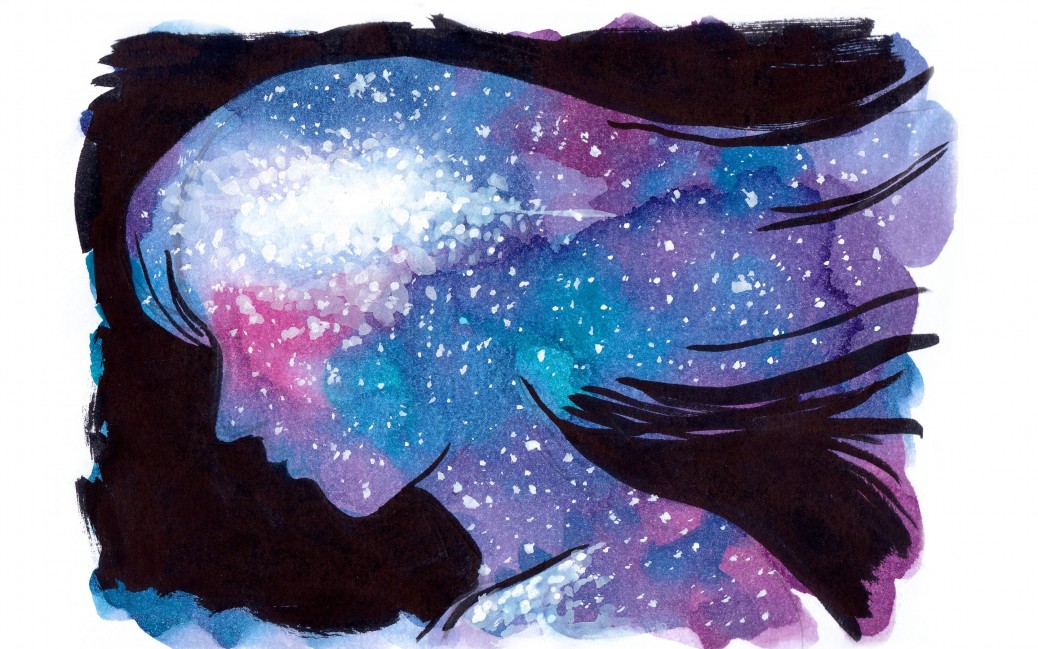Transfer Thoughts
Transfer Thoughts to Paper
One of the best ways to help you declutter your mind is to take all those thoughts and tasks floating around in your brain and write them down. Getting them on paper takes them out of your head because it allows you to let go of the responsibility you have to remember them, thus decluttering your mind in the process.
If you’re the kind of person who constantly generates new ideas (great!), you may want to look into a way to store your ideas, rather than keeping them all in your head, which could quickly become unmanageable. To create some headspace, try finding an app or carrying around a small notebook so that you can jot down your fresh ideas. The goal is to pick one place to store them and stick to it so you know where to find them.
If simply listing your thoughts, feelings, etc., down doesn’t quite stop you from ruminating, you have other options. For example, if you are trying to problem-solve an issue and don’t have the mental space to do so, or you haven’t quite fully explored yourself and your personal beliefs and need space to do that – the next step is to journal. Journaling is an exploratory form of writing and is a great way for you to ponder important things so you can come to a solution.
Journaling can also be therapeutic. According to the University of Rochester Medical Center researchers, journaling is a helpful tool in managing mental health. It helps you organize your thoughts and understand your emotions, which is a healthy practice for your overall well-being. For journaling tips and best practices, check out this article.
Set and Complete Priorities
You may have a long to-do list and feel overwhelmed on where to start, which keeps those items stuck in your mind, taking up valuable real estate. Once you data dump by writing down your tasks (see above), start to categorize them in order of importance.
If you are finding that everything that you are writing down feels important, you can further identify items that are urgent – meaning if you don’t complete them today, it will have serious negative consequences on your life (i.e., a project with rigid deadlines, taking medication, paying a bill, etc.).
Then, start assessing the value of all the other important items. What items are most in line with your life goals? Those should be your next priority, after your urgent items. Keep assigning value to your items until you have prioritized everything on your list.
Prioritizing will help you get clear and organized. Last step is to start doing them and crossing them off your list for the ultimate relief!
Practice Being Decisive
“Mental clutter is simply delayed decisions.” – Barbara Hemphill
Life is a fundamentally a series of choices. Some decisions are simple; others are difficult and can stir an uproar of emotions, causing you to avoid the decision-making process completely. In fact, procrastinating is one of the greatest culprits of mind clutter because it causes your brain to become overwhelmed by all those pending decisions you have put off. It can be an honest mistake though – we are all constantly bombarded with so many options and “what ifs?” that it can quickly turn a decision into analysis paralysis.
Tags: Challenge Negativity Declutter Your Environment Exercise And The Brain Schedule Time To Worry Transfer Thoughts Unclutter Your Mind










